On Genesis, Part 44: Wrath, Subsided, Subdued and Imprudent
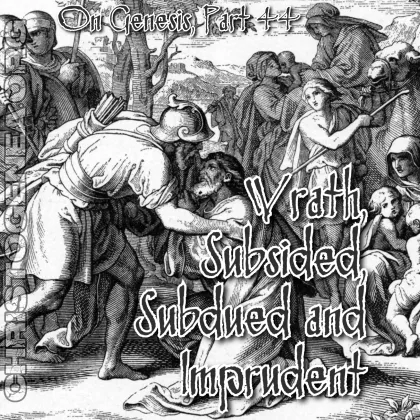
On Genesis, Part 44: Wrath, Subsided, Subdued and Imprudent
Since his departure from Haran and the house of Laban his father-in law, at this point in our Genesis account Jacob has faced two of the three trials which he would have even before he had reached Canaan. First, he was accosted by Laban himself, on account of the missing idols which Rachel had taken from her father. Then, he was compelled to wrestle with a strange man in the middle of the night, who with all certainty was an angel of Yahweh God, but whom Jacob had imagined to have been God Himself. Of these trials, Jacob apparently had no warnings. But he stood up to Laban and his injustices, and Laban could only answer by compelling Jacob to make a covenant with him. Then he stood up to the angel, and he even compelled the angel to bless him, which he did. Now Jacob will have to face his brother Esau, and already he has had much fear and trepidation. It was on account of Esau that twenty years earlier he had fled to Haran, as Esau had threatened to take his life. So his own parents had sent him away, warning Jacob, and now Jacob must remember the threat. In spite of the fact that Jacob was magnified greatly during his time in Haran, initially he went there on account of the wrath of Esau.
Following the meeting with Laban, two encounters with angels which Jacob had along the way since he had left Mount Gilead must have served to help prepare him for his encounter with Esau. The first was when he had seen a double encampment of angels, whereafter having heard that Esau was going to meet him with four hundred men, with trepidation Jacob had split his own party into two camps in preparation for that meeting. The second was after he had wrestled with the angel, and he had imagined that he had seen the face of God. So now, when Jacob meets with Esau, he imagines that same thing of his brother, and he expresses it, even having treated Esau as if he were God. At a much later time, Christ Himself had taught that men should treat one another in the same manner in which they would treat him, for example in the parable of the sheep and the goats.

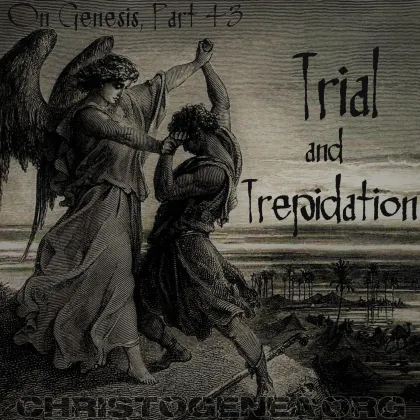


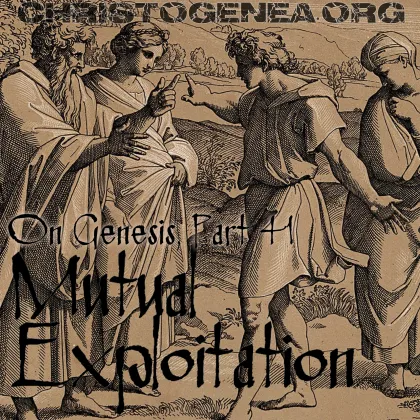
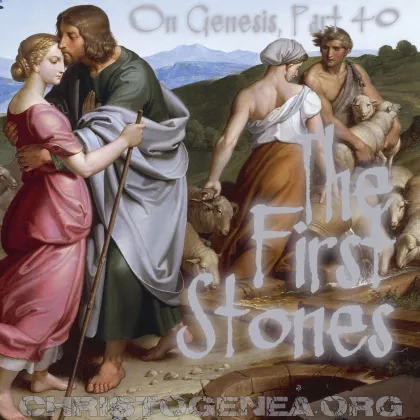


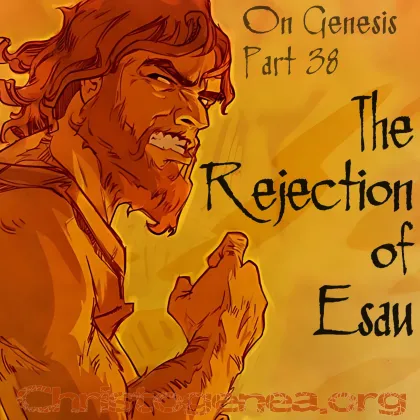

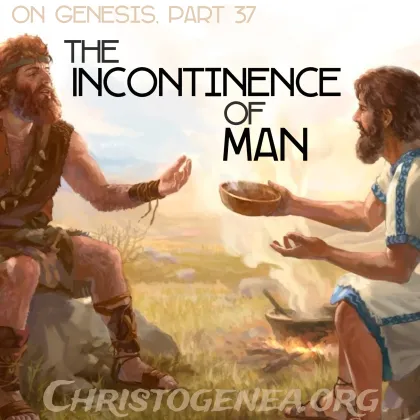
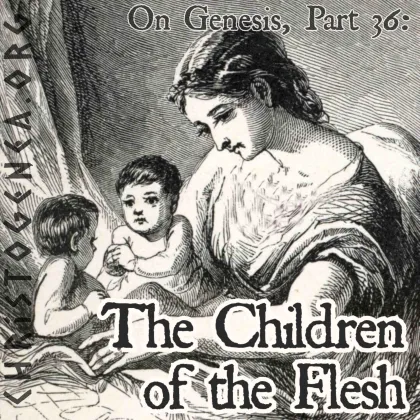



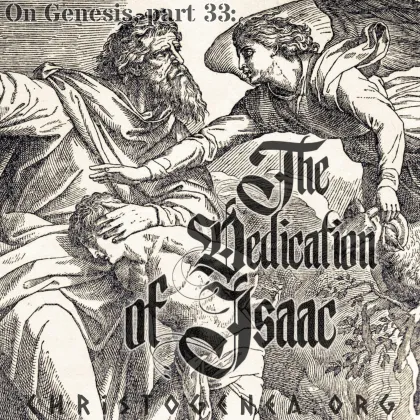



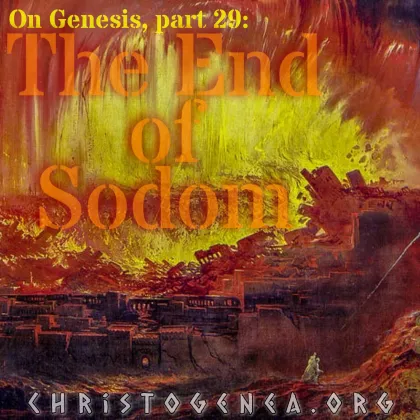




 Please click here for our mailing list sign-up page.
Please click here for our mailing list sign-up page.







